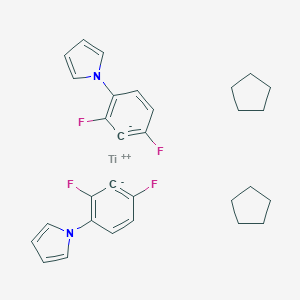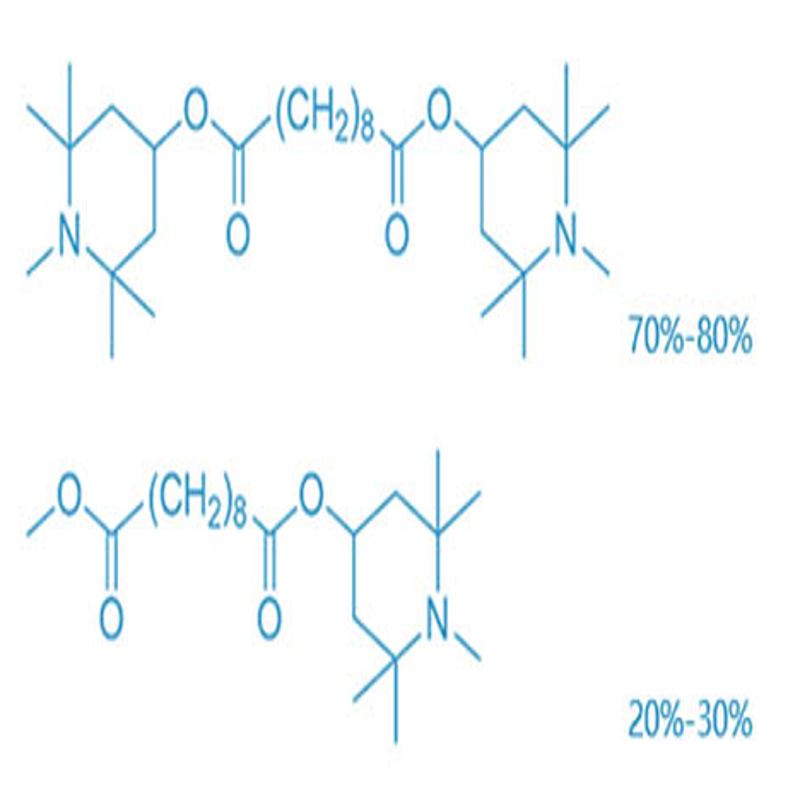-
Categories
-
Pharmaceutical Intermediates
-
Active Pharmaceutical Ingredients
-
Food Additives
- Industrial Coatings
- Agrochemicals
- Dyes and Pigments
- Surfactant
- Flavors and Fragrances
- Chemical Reagents
- Catalyst and Auxiliary
- Natural Products
- Inorganic Chemistry
-
Organic Chemistry
-
Biochemical Engineering
- Analytical Chemistry
-
Cosmetic Ingredient
- Water Treatment Chemical
-
Pharmaceutical Intermediates
Promotion
ECHEMI Mall
Wholesale
Weekly Price
Exhibition
News
-
Trade Service
Global Chemicals Quick Review
Destocking operations hit chemical companies' profits
Destocking was a major issue
in the fourth quarter of 2018 for chemical companies.
While the massive destocking campaign may be over, it could still hit chemical companies' earnings
in the first quarter of 2019 and beyond.
With crude oil prices plummeting 40% in the fourth quarter of 2018, destocking at the end of 2018 became
commonplace.
In an environment where crude oil prices are falling, buyers of chemical products tend to wait and see
in anticipation of falling prices.
This "buyers' strike" became more pronounced at the end of December, leading to a sharp year-on-year decline
in profits for chemical companies in the fourth quarter.
Lawrence Alexander, chemical analyst at Jefferies, said: "The US-China trade friction and the collapse in oil prices have produced a particularly sharp destocking cycle, and it is expected that after the Chinese New Year, even if the Sino-US trade dispute is not resolved in any way, the Chinese market will begin to improve
.
"
The global water treatment market has a promising outlook
Water scarcity and deteriorating water quality are prompting producers and consumers around the world to rethink their water use and treatment methods
.
Key players in the water treatment industry say that changing regulations, variable processes, aging plant infrastructure and raw material costs require in-depth review and planning
.
Still, some water industry insiders say the outlook for the global water treatment industry will remain bright
.
Jennifer Bailey, Solenis' global marketing director for pulp and paper water treatment, said: "We are very optimistic about the future of the water treatment industry and we see the need to increase water reuse and reduce water use continues to grow
in heavy industries around the world, especially in industries where water is scarce or poor.
Many companies and regulators are beginning to rethink the true cost of
water.
”
The United States will become a net exporter of energy in 2020
The U.
S.
Energy Information Administration (EIA) said in its annual Energy Outlook report that the United States will become a net exporter of energy in 2020 for the first time
in 70 years as U.
S.
crude and natural gas production increases and domestic demand decreases.
In its 2018 annual outlook report, the EIA predicted that the United States would become a net importer of energy by 2022, and this year's report brought forward this forecast by two years
.
According to EIA data, U.
S
.
crude oil production averaged 10.
9 million b/d in 2018, breaking the 1970 record of 9.
6 million b/d, and is expected to remain above that level until 2040 when crude oil production reaches 14 million b/d.
In 2017, the United States became a net exporter of
natural gas.
U.
S.
natural gas exports are expected to continue to grow
in the future, thanks to increased LNG shipments.
Asia Pacific will lead the growth in global demand for polyisobutylene
According to the latest report from Klein & Consulting, polyisobutylene (PIB) demand in Asia Pacific currently lags behind North America and Europe, but is expected to see significant growth over the next 10 years, with Asia Pacific leading global PIB demand growth
by 2028.
Klein Consulting's Anuj Kumar said several factors will help achieve this goal, including the acceleration of lubricant demand growth in the Asia-Pacific region, the acceleration of PIB's sealant demand due to automobile manufacturing and some construction projects in the Asia-Pacific region
.
In addition, China will cultivate an additive manufacturing base, which will reduce the region's dependence on
imports.







